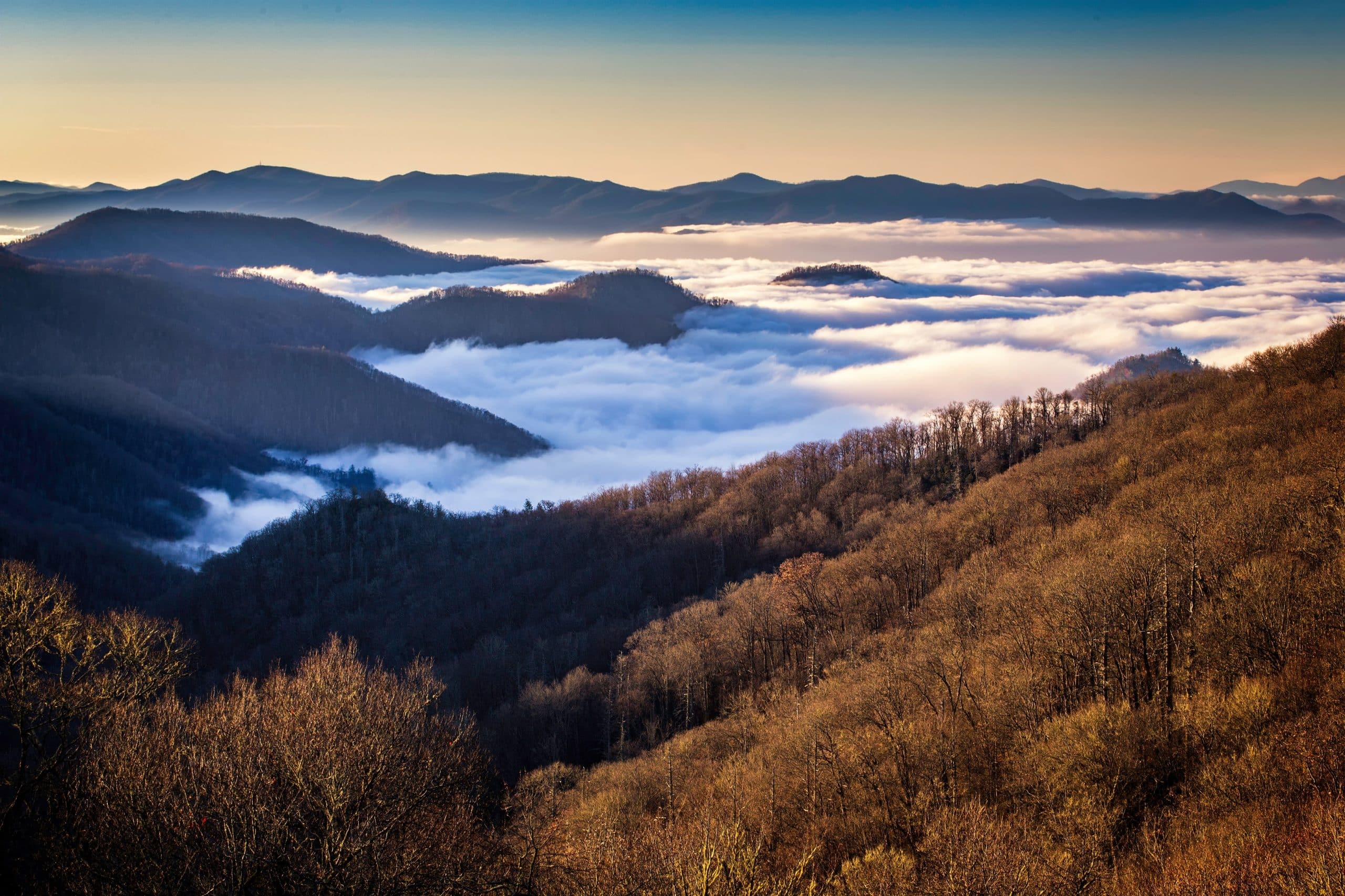
High-Risk Homeowners Insurance in Pigeon Forge: Protecting Your Investment in a Scenic Gem
In the foothills of the Great Smoky Mountains, Pigeon Forge, Tennessee, is a city known for its breathtaking natural beauty and vibrant tourist attractions. With a population of just over 6,000 residents, this small city welcomes millions of visitors each year, drawn by its proximity to the Great Smoky Mountains National Park, Dollywood, and a variety of entertainment venues and outdoor activities. However, living in such a picturesque and dynamic location comes with its own set of challenges, particularly when it comes to homeowners insurance. As an expert insurance broker specializing in high-risk homeowners insurance, I will guide you through the specific risks associated with owning a home in Pigeon Forge and how to adequately protect your investment.
Geographic and Historical Context
Pigeon Forge is situated in Sevier County, in eastern Tennessee. The city enjoys a humid subtropical climate characterized by hot, humid summers and mild winters. Geographically, it lies within a region prone to natural disasters, including wildfires, floods, and severe storms, which significantly impact homeowners insurance policies.
Historically, Pigeon Forge has experienced several significant events that underscore the importance of comprehensive insurance coverage. For example, the devastating wildfires of November 2016, known as the Gatlinburg and Pigeon Forge wildfires, caused extensive damage to properties, leading to the evacuation of thousands of residents and tourists. This disaster alone resulted in over $500 million in damages, highlighting the critical need for robust homeowners insurance in the area.
Specific Risks in Pigeon Forge
- Wildfires: Wildfires are a primary concern for homeowners in Pigeon Forge. The region’s dense forests and dry conditions during certain times of the year create a perfect storm for wildfire outbreaks. Homeowners need to be aware that standard homeowners insurance policies may not provide adequate coverage for wildfire damage. It’s essential to consider additional wildfire insurance or endorsements to ensure full protection.
Historical Example: The 2016 Gatlinburg and Pigeon Forge wildfires destroyed over 2,400 structures and claimed 14 lives. This tragic event serves as a stark reminder of the unpredictable nature of wildfires and the importance of having specialized coverage. - Flooding: Pigeon Forge’s proximity to rivers and streams makes it susceptible to flooding, particularly during heavy rainfall or rapid snowmelt. Flood insurance, typically not included in standard homeowners policies, is crucial for properties in flood-prone areas.
Historical Example: In April 1977, severe flooding impacted Pigeon Forge, causing widespread property damage and highlighting the necessity of flood insurance. The 1977 flood, though less known, still serves as a significant event in the city’s history, emphasizing the recurring risk of flooding. - Severe Storms and Tornadoes: While less frequent than wildfires and floods, severe storms and tornadoes do pose a risk to Pigeon Forge homeowners. These weather events can cause extensive damage to roofs, windows, and other structural elements of homes. Ensuring that your homeowners insurance policy covers wind and hail damage is vital.
Historical Example: In April 2011, a series of powerful storms and tornadoes swept through the southeastern United States, including parts of eastern Tennessee. Pigeon Forge experienced strong winds and hail, resulting in significant property damage and reinforcing the need for comprehensive storm coverage. - Earthquakes: Although not commonly associated with Tennessee, the region is still susceptible to seismic activity. Homeowners should be aware that earthquake damage is typically not covered under standard policies and consider adding earthquake insurance if their property is at risk.
Historical Example: The New Madrid Seismic Zone, which affects parts of Tennessee, experienced significant earthquakes in the early 19th century. While Pigeon Forge is not directly within this zone, the potential for seismic activity should not be overlooked.
Protecting Your Investment
As an expert insurance broker, my goal is to ensure that homeowners in Pigeon Forge are fully aware of the risks they face and have the appropriate coverage to protect their investments. Here are some recommendations:
Living in Pigeon Forge offers a unique blend of natural beauty and vibrant community life, but it also requires vigilance and proactive measures to protect your home. By understanding the specific risks and securing comprehensive homeowners insurance, you can enjoy peace of mind and safeguard your investment for years to come.
- Evaluate Your Coverage: Review your current homeowners insurance policy to identify any gaps in coverage, particularly for wildfire, flood, storm, and earthquake damage.
- Consider Endorsements: Add endorsements or additional policies for specific risks not covered under your standard policy.
- Regular Assessments: Conduct regular assessments of your property to ensure that your coverage limits are adequate for the current value of your home and belongings.
- Stay Informed: Keep abreast of local weather patterns and natural disaster forecasts to prepare and mitigate potential risks effectively.

Frequently Asked Questions (FAQs)
1. What types of homeowners insurance should I consider in Pigeon Forge?
In Pigeon Forge, you should consider a comprehensive homeowners insurance policy that covers standard risks like fire, theft, and liability. Additionally, given the specific risks in the area, it’s advisable to add endorsements or separate policies for wildfires, floods, severe storms, and potentially earthquakes.
2. Is wildfire insurance necessary for my home in Pigeon Forge?
Yes, wildfire insurance is highly recommended. The 2016 wildfires demonstrated the significant risk of wildfire damage in the area. Standard homeowners policies may not provide adequate coverage, so it’s important to have additional protection specifically for wildfires.
3. How can I protect my home from flood damage?
Since Pigeon Forge is prone to flooding, particularly during heavy rains or rapid snowmelt, flood insurance is crucial. This type of insurance is typically not included in standard homeowners policies and must be purchased separately through the National Flood Insurance Program (NFIP) or a private insurer.
4. Are severe storms and tornadoes common in Pigeon Forge?
While not as common as wildfires or floods, severe storms and tornadoes do occur and can cause significant damage. It’s important to ensure your policy covers wind and hail damage to protect against these events.
5. Do I need earthquake insurance in Pigeon Forge?
Although earthquakes are less frequent, they can still occur. Standard homeowners insurance policies usually do not cover earthquake damage, so you might want to consider adding earthquake insurance, especially if your home is built on a vulnerable foundation or near a fault line.
6. How often should I review my homeowners insurance policy?
It’s a good practice to review your homeowners insurance policy annually or whenever you make significant changes or improvements to your home. This ensures your coverage limits are adequate and up-to-date with the current value of your property.
7. What steps can I take to mitigate risks and potentially lower my insurance premiums?
To mitigate risks and possibly lower your insurance premiums, consider implementing safety measures such as installing fire-resistant roofing, creating defensible space around your home, elevating your home if it’s in a flood-prone area, and reinforcing your home against severe storms. Additionally, installing security systems can help reduce the risk of theft and potentially lower premiums.
8. Can I bundle my homeowners insurance with other types of insurance for discounts?
Yes, many insurance providers offer discounts for bundling multiple policies, such as homeowners, auto, and life insurance. Bundling can provide convenience and cost savings.
9. What should I do if my home is damaged by a natural disaster?
In the event of a natural disaster, prioritize safety first. Once safe, contact your insurance provider to report the damage and begin the claims process. Document the damage with photographs and keep receipts for any temporary repairs or expenses incurred.
By understanding these common concerns and the specific risks associated with living in Pigeon Forge, you can make informed decisions to protect your home and ensure peace of mind in this beautiful, dynamic community.
Request A Quote Now!
"*" indicates required fields